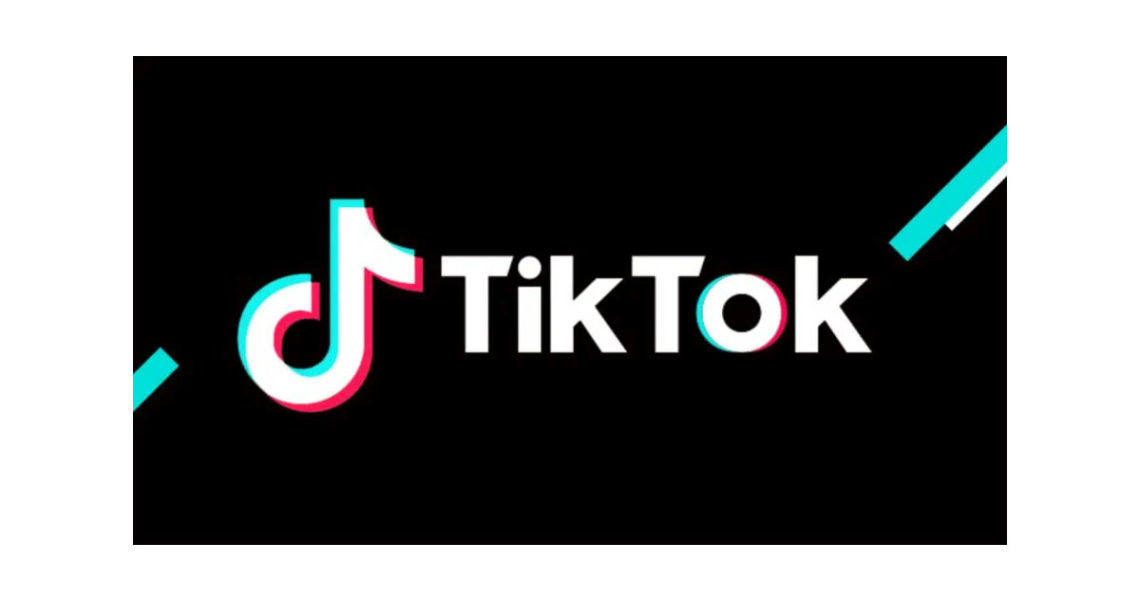
United States Senator demands TikTok app store ban
2023-02-24In a letter sent to the CEOs of Google and Apple, United States senator Michael Bennet, a member of the Senate Intelligence Committee, demanded that the companies ban the China-based TikTok application from their application stores.
Bennet claims in the letter that TikTok poses a threat to the national security of the United States because “of its parent company’s obligations under Chinese law”.
TikTok is one of the most popular applications on the Google Play Store and the Apple App Store. On Google Play, TikTok is listed with more than one billion downloads, 57 million reviews and an editor’s choice badge, making it the number one top free social app on the entire store.
On Apple’s App Store, TikTok is listed as the number one entertainment app. Apple does not reveal download numbers, but ratings for TikTok have reached 14.1 million on the company’s App Store.
TikTok is one of the most popular applications on the Google Play Store and the Apple App Store. On Google Play, TikTok is listed with more than one billion downloads, 57 million reviews and an editor’s choice badge, making it the number one top free social app on the entire store.
On Apple’s App Store, TikTok is listed as the number one entertainment app. Apple does not reveal rough download counts, but ratings for TikTok have reached 14.1 million on the company’s App Store.
Bennet cites several Chinese laws that decree that organizations “shall support, assist, and cooperate with state intelligence work”, that Chinese state security may demand cooperation from companies, and that agents of the state are allowed to “access relevant materials and files and make use of its communication tools and facilities”.
TikTok has faced questions regarding data storage, access and privacy in the past. In November 2022, TikTok confirmed that Chinese employees could remotely access data of European users.
A Buzzfeed report, cited by Bennet, suggests that user data from the United States was accessed repeatedly from China. Buzzfeed accessed more than 80 internal TikTok recordings and discovered that nine different TikTok employees suggested that “engineers in China had access to US data”. On several occasions, meeting members stated that Chinese employees had access to all data.
TikTok has been a controversial topic in the United States for years. In 2020, the Trump administration attempted to ban the app from app stores in the United States. More recently, concerns about the app have increased, culminating in the unveiling of a bipartisan bill to ban the TikTok app nationwide.
27 state governments have already passed full or partial bans of the TikTok application.
While things seem to be moving toward a full ban in the United States, not everyone seems to agree that banning the app is the right way to move forward. In a recent New York Times article, Glenn S. Gerstell argues that banning TikTok would not make the United States safer.
Gerstell acknowledges that there is a possibility that the Chinese government could compel TikTok’s owner, ByteDance, to hand over information or use the application to spread disinformation, influence elections, or manipulate public opinion.
ByteDance admitted in December 2022 that it fired several of its China and United States-based employees for accessing private information of users from the United States, including several journalists. There is no evidence that ByteDance provided information to the Chinese government.
ByteDance submitted a plan in August 2022, detailing how it would prevent the Chinese government from accessing U.S. user data and give the U.S. government oversight of the platform.
Senator Bennet’s letter is available in full on Scribd.
Summary
Article Name
United States Senator demands TikTok app store ban
Description
United States senator Michael Bennet demanded in a letter to Google and Apple that the companies ban the Chinese-based TikTok application.
Author
Martin Brinkmann
Publisher
Ghacks Technology News
Logo

Advertisement